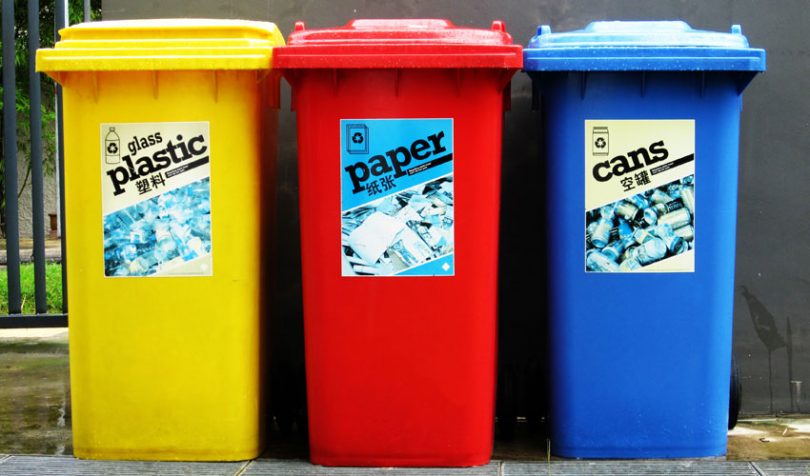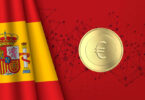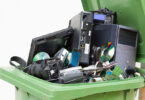Last weekend, the Catalan Ministry for Digital Policy and Public Administration and the Waste Agency of Catalonia hosted a ‘Blockchain Challenge’ for developing new solutions based on distributed ledger technology (DLT). Eurecat, Blockchain Catalunya, i2Cat and Vottun partnered with the Blockchain Challenge to mentor the teams.
A total of 30 experts in blockchain, UX/UI developers and programmers spread across nine teams participated in the 24-hour hackathon. The teams Blockchain en CAT and Aquarelle emerged winners.
The winning team bagged a prize of €4,000 for presenting a solution to track, monitor and encourage selective waste collection (recycling). The runner-up team won €2,000 for its proposal to explore blockchain to generate a future emissions rights market concerning municipal waste.
The hackathon was organized as a part of the local government’s ‘Blockchain Strategy of Catalonia’, an effort to boost DLT use cases in the region.
Jordi Puigneró, the minister for Digital Policy and Public Administration, thanked the teams for “having contributed your effort and talent to show that technology is a huge ally in tackling the future challenges posed by the digital society and improving the services that the government provides to its citizens”.
Back in September, the Catalonia government announced a self-sovereign identity project, IdentiCAT, underpinned by blockchain. The initiative is also part of the blockchain strategy. Other blockchain projects which Catalonia is working on include — a consent register to provide citizens access to personalized public services, organ transplant for faster matching of donor and recipient, healthcare records, the transition to renewable energy and a secure channel between parliament and the government.
Meanwhile, there are several blockchain projects specifically targeted at plastic recycling. They include one by VMWare, Plastic Bank and Deposy which is introducing a modern day bottle deposit scheme but applied to plastics.
Apart from Catalonia, many governments around the world have turned to blockchain for streamlining governance.
The Thai government is pushing for blockchain use cases and has announced several projects in the past few months. The country is leveraging blockchain to create a National Digital Trade Platform (NDTP).
In India, the state of Maharashtra has announced plans to trial blockchain for streamlining agriculture marketing, supply chain, vehicle registration and document management system.







